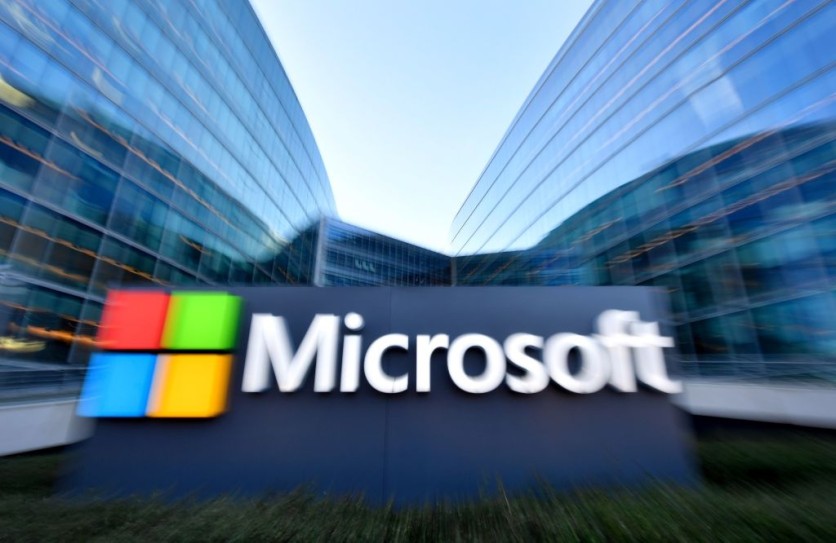The infamous outage which OneDrive and Outlook suffered earlier this June was not a regular one, as Microsoft has recently confirmed that it was due to a DDoS attack it suffered from a new group. And while the group called "Anonymous Sudan" has taken credit for this problem, it was not known before that this was a DDoS attack.
Microsoft's latest detailed report shared details on how the attack happened and what the company did to mitigate the problem, with its investigation sharing critical information now.
Microsoft Outlook, OneDrive June Outage Caused by DDoS Attack

Microsoft released a report that centered on the recent outage of its services, OneDrive and Outlook, and here, the company confirmed that it was a distributed denial of service attack (DDoS). As per Microsoft, this attack "temporarily impacted" its services earlier this June, attributing the attackers as "Storm-1359" which names those that are yet unknown.
As per Microsoft's labels, "Storm" is a codename given to threat actors that have not yet identified themselves or are rather new, with unknown affiliations yet with the cybercrime world.
The good thing with the last attack is that there were no signs or indications that customer information or data was accessed or taken by the hackers, claims Microsoft.
Microsoft: Threat Actor is New, with Pro-Russian Ties
According to Engadget, reports claim that Anonymous Sudan is a rather new group that began its attacks earlier this year. And while this group claims that it is Sudanese and promotes anti-Muslim practices, cybersecurity researchers believe that they are not affiliated to the country, and have pro-Russian ties instead.
Microsoft's Outages and Security Reports
Apart from its protection for its technology and infrastructure, Microsoft is best known for bringing security reports that center on outages or breaches internally or for other companies. Earlier this year, Microsoft was a victim of an alleged security breach where the hackers claimed that they were able to obtain as many as 2,000 login credentials from companies like Apple and Microsoft.
Despite the large-scale attacks directed at massive tech firms including the Redmond-based giant, there are still developments that they focus on to improve their tech. One example would be its latest Security Copilot which centers on using artificial intelligence to improve its cyberdefense with machine learning technology.
Outages may either be caused by security breaches or technological faults from its systems, but Microsoft aims to address them all and fix them immediately so that service will be back in no time. This is what happened earlier in June, when the Outlook and OneDrive apps suffered from a DDoS attack, now closing the book on the issue.

ⓒ 2025 TECHTIMES.com All rights reserved. Do not reproduce without permission.




